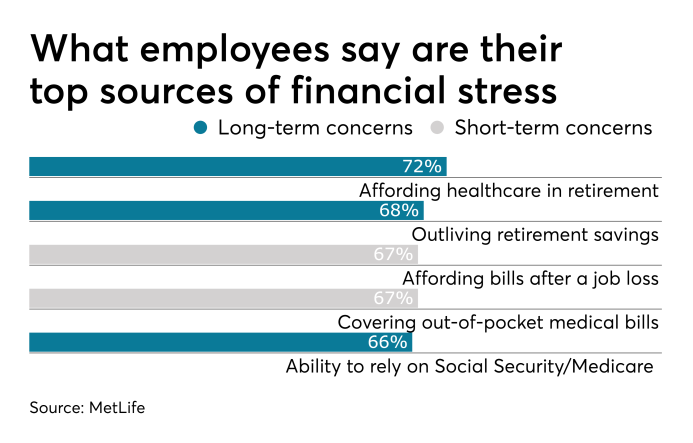Employees may struggle if they fall for these retirement myths
Workers should not think that they can live off on their Social Security benefits and their expenses will drop drastically after they retire, according to this article on Fox Business. That’s because these are misconceptions that could result in financial hardship in retirement. Employees should save aggressively in their retirement plans and invest the funds for compounded growth.
401(k) hardship withdrawals — here’s what workers are allowed to do
Employees are allowed to take hardship withdrawals from their 401(k) plans to cover medical expenses, educational costs and purchase of a primary home, according to this article on Bankrate. However, the amount of withdrawal will be based on the cost of their immediate need. “Taking a hardship distribution will have adverse tax consequences that participants should consider prior to taking,” says one attorney. “Additionally, it diminishes the amount of money that will be available upon retirement, which of course is the purpose of the retirement plan.”

4 in 10 workers share this depressing retirement outlook
A survey by financial services firm LendEDU has found that retirement saving is a primary financial goal for about 20% of Americans, but 40% of the respondents think that they would not be able to save enough to secure their retirement years, according to this article on Motley Fool. To prepare for retirement, clients are advised to figure out the total amount of savings they should have by the time they retire, and the amount they should have saved by a certain age. They should also cut back on spending and get a side hustle to be able to boost their retirement savings.
The best financial advice advisers have ever gotten
In this Wall Street Journal article, financial experts share the best advice they received that proved to be very useful to them as they manage their personal finances. Charles Rotblut, vice president of the American Association of Individual Investors, says John Bogle told him not open his 401(k) statements as frequently as he wanted. “By not looking at my balance frequently, I forget what it is. I don’t see its highs or lows. This means I don’t get euphoric when the markets are sending the value of my funds upward or saddened when the market pushes them downward.”
This article originally appeared in Financial Planning.
